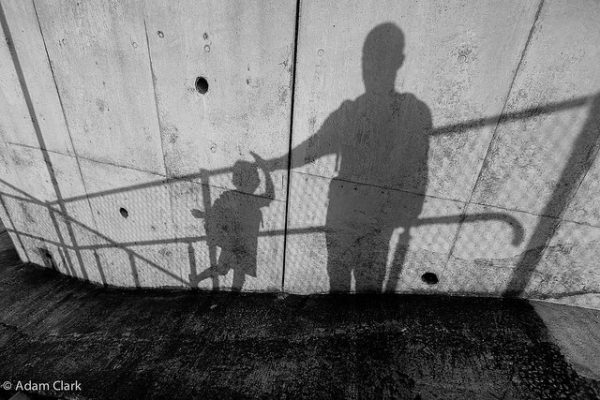
When we hear about children losing their caregivers to incarceration, we tend to think about mothers. Yet, there is a small, yet sizable group of men that enter prison while being the primary caregivers of their children. In recent research, 39 of these incarcerated men in Australia talked to researchers Tess Bartlett and Anna Erikson about how they try to uphold their roles as fathers while serving time in prison.
Life in prison forced many of these men to balance their identities as both prisoners and fathers. On the one hand, they needed to display an attitude that valued strength and violence to adapt to prison conditions. On the other hand, the men wanted to preserve their nurturing and caring roles as fathers. To balance both the prisoner and the father identities, inmates purposively choose what version of themselves they want to display depending on the situation. However, some parents decided to abandon their “father” identity once in prison. Some men asked their families not to visit at all, in hopes that this would lessen the emotional burden of imprisonment for both themselves and their children.
For those men who did want to stay connected with their children, the prison structure made this difficult. For example, visiting rooms did not allow men to fully engage with their children, through activities like running or playing games. Still, men wrote letters, made toys, and created art to stay connected to their children. One of the participants declared, “[I] still have a lot of offer as a father.”
Correctional authorities could tremendously improve the life of fathers and children by providing better spaces for families to be families. Preserving family ties while incarcerated is associated with fewer offenses, positive parenting practices, and increased employment opportunities after leaving prison. In short, prison structures that allowed greater family connection could provide substantial social benefits.

Comments